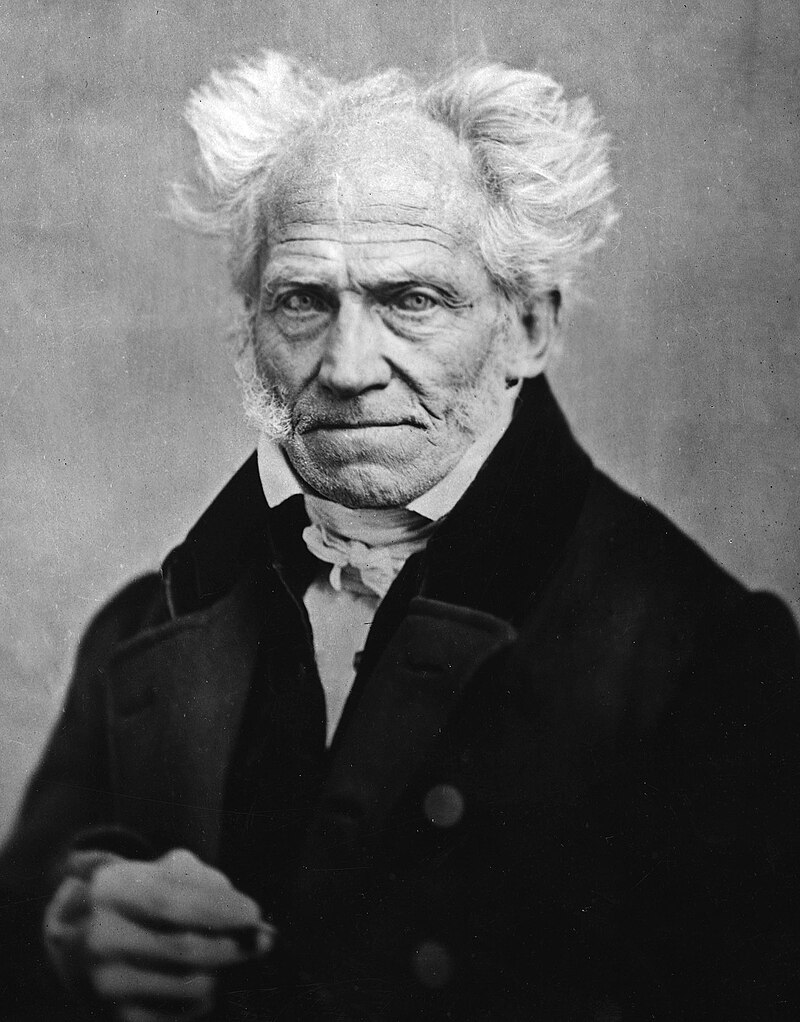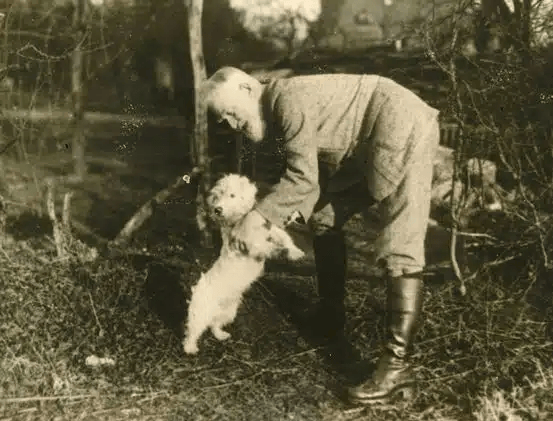
Arthur Schopenhauer
On the Basis of Morality
Critique of Kant’s Basis of Ethics
Derived Form of the Leading Principle of Kantian Ethics
「1840」 Arthur Schopenhauer, “Critique of Kant’s Basis of Ethics,” in On the Basis of Morality 「Google Books」, trans. by Arthur Bullock (1840; New York, 1915).
True morality is outraged by the statement [of Kant] that irrational beings (that is, animals) are things, and should therefore be treated simply as means, which are not at the same time ends. In harmony with this, it is expressly declared [Kant’s] [Metaphysic Principles of the Doctrine of Virtue S. 16: “A man can have not duties towards any being, except towards his fellow men; and then, S. 17, we read: “To treat animals cruelly runs counter to the duty of man towards himself; because it deadens the feeling of sympathy for them in their sufferings, and thus weakens a natural tendency which is very serviceable to morality in relation to other men.” So one is only to have compassion on animals for the sake of practice, and they are as it were the pathological phantom on which to train one’s sympathy with men! Because Christian morals leave animals out of consideration; therefore in philosophical morals they are of course at once outlawed; they are merely “things,” simply means to ends of any sort; and so they are good for vivisection, for deer-stalking, bull-fights, horse-races, etc., and they may be whipped to death as they struggle along with heavy quarry cats. Shame on a morality…which fails to recognise the Eternal Reality immanent in everything that has life, and shinning forth with inscrutable significance from all eyes that see the sun ! (93-4)



